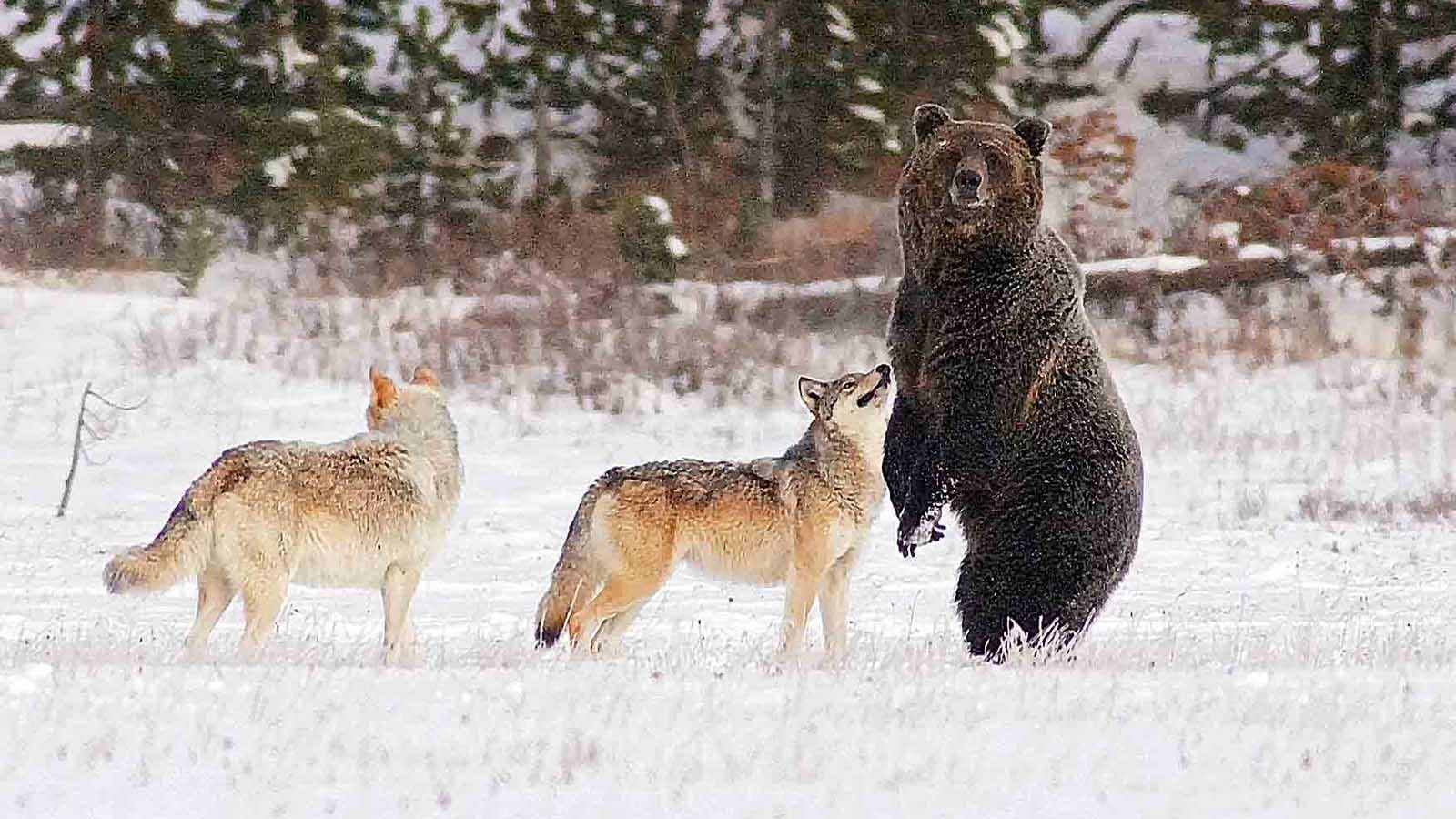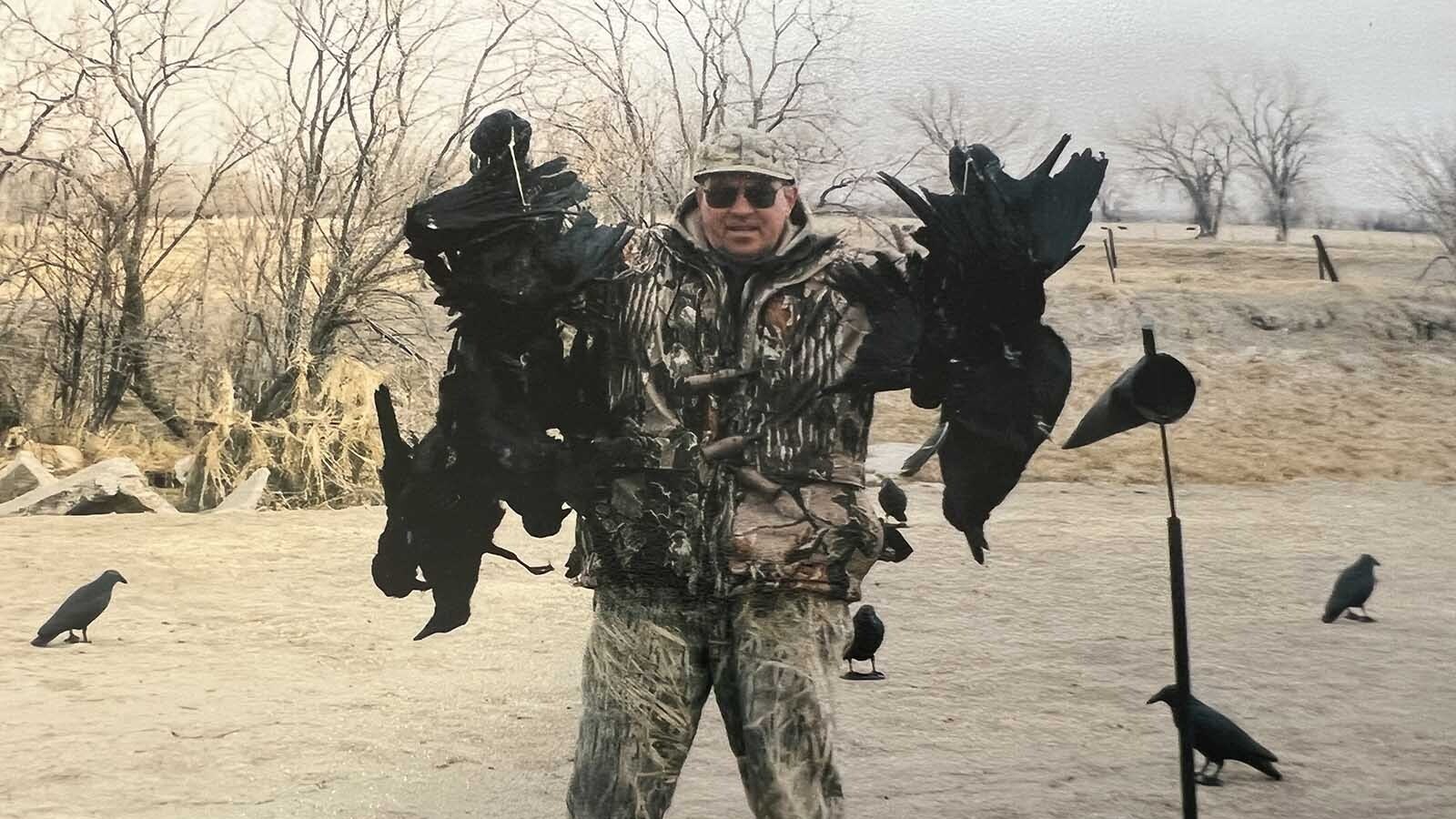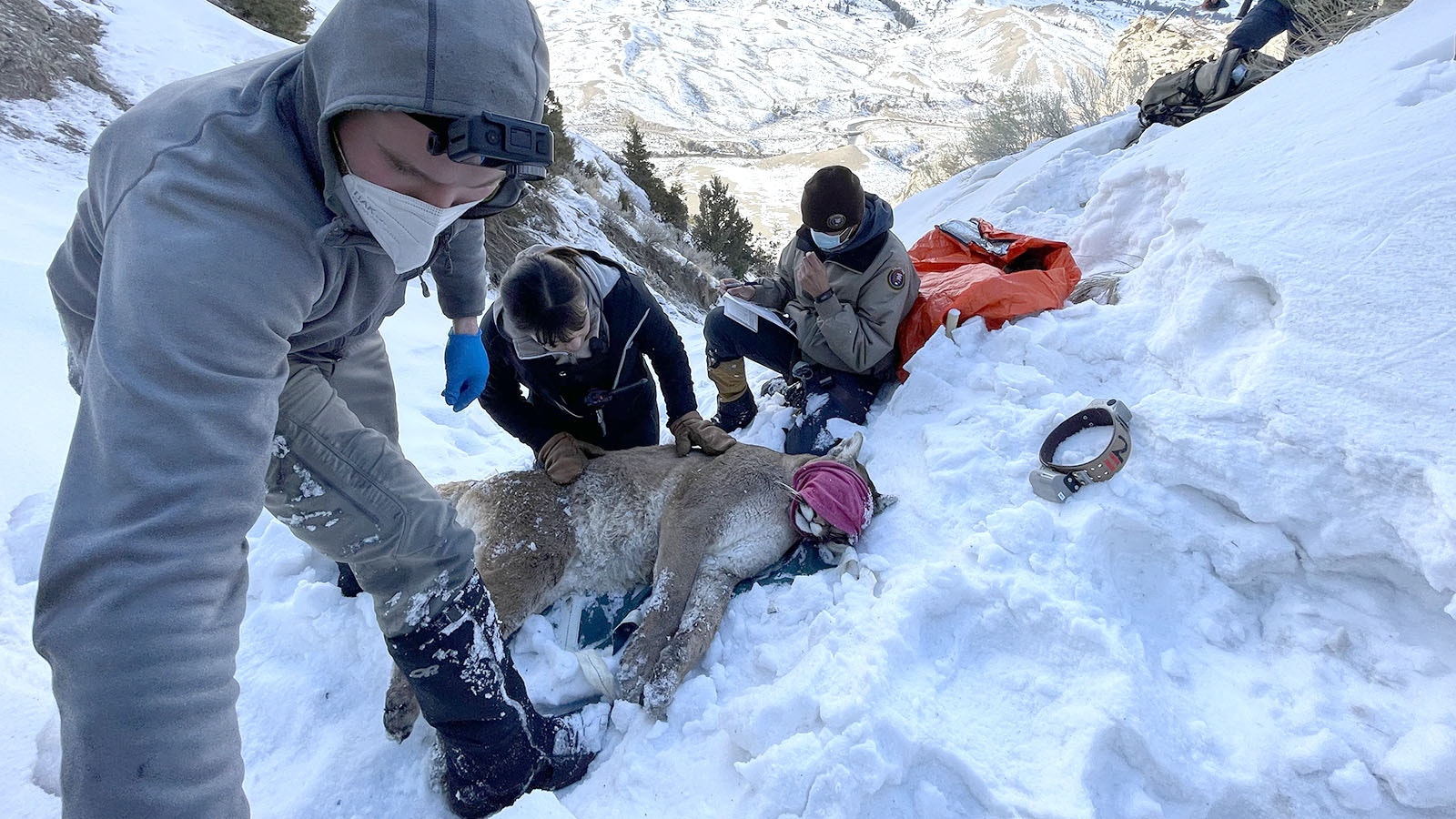A federal judge’s ruling in favor of the hunters in the Elk Mountain “corner-crossing” case has been hailed by some as a victory for public land access, but some Wyomingites aren’t so sure.
“Any time we put things in terms of ‘the public vs. landowners’ it causes headaches,” Guy Eastman of Powell, who frequently hunts on public land, told Cowboy State Daily.
“At the very least it’s going to cause friction, and at the very most, it’s going to cause conflict,” he said.
The ruling might not be good for farmers and ranchers, said Jim Magagna, a sheep rancher and executive vice president of the Wyoming Stock Growers Association.
“From my perspective, it (the ruling) is not a definitive answer on the matter of corner-crossings. That might take further litigation, or legislation,” he told Cowboy State Daily.
Hunters Win– For Now
U.S. District Court Judge Scott Skavdahl last week issued a summary judgement in favor of Missouri hunters Bradly Cape, Zachary Smith, Phillip Yoemens and John Slowensky.
The case stretches back to 2021. The hunters were accused of trespassing on the Iron Bar Ranch near Elk Mountain that September while attempting to cross from one corner of public land onto another section of public land.
A Carbon County jury later found them innocent of those charges.
However, Iron Bar Holdings LLC and owner Fred Eshelman of North Carolina later filed a civil lawsuit in federal court against the hunters, claiming that they had devalued the property by several million dollars when they crossed the corner.
The matter was set for trial June 26 in Casper, but Skavdahl’s ruling settled the case in the hunters’ favor, at least for now.
Wyoming media attorney Bruce Moats told Cowboy State Daily that he thinks Iron Bar and Eshelman will probably appeal the ruling in U.S. Circuit Court.
‘Erring On The Side Of Caution’
That possibility of appeals means University of Wyoming researcher Gary Beauvais will still be careful about corner-crossings.
He’s the director of UW’s Wyoming Natural Diversity Database. Beauvais and his team frequently go afield for research – including in parts of Wyoming where sections of public and private land interlock in “checkerboard” patterns.
He told Cowboy State Daily that doesn’t think the “corner-crossing” ruling will change much for him at the boots-on-the-ground level.
“We will continue to operate as we have always done — always asking permission of affected landowners whenever we need to enter their land for any reason, and always erring on the side of caution in any ownership situation that seems vague or confusing,” he said.
‘I Can See Both Sides’
Eastman is editor-in-chief of Eastmans’ Publishing Inc., a Powell-based media company that specializes in stories and videos about fair chase Western big game trophy hunting.
Eastmans’ recently partnered with the Theodore Roosevelt Conservation Partnership to produce the film “Paper Trails,” which chronicles the complexities of hunting intermixed private and public parcels during the 2022 antelope season in the Rawlins- Wamsutter area.
“The standpoint that I’m coming from is that I’m a born-and-raised third-generation Wyoming guy,” he said. “I’m a landowner, my family is landowners, but I’m also a public lands hunter, so I can see both sides.”
“Paper Trails” makes the case for access easements, or landowners agreeing to allow hunters to pass through their property on designated roads to get to public land that might not otherwise be accessible, he said.
“I would rather see proper easements, than guys hopping corners everywhere in the state come Oct. 1,” he said. “I won’t do it. Out of respect for landowners, I won’t be corner jumping.”
Some Pleased With The Ruling
Skavdahl’s ruling has drawn some praise.
The Wyoming chapter of Backcountry Hunters and Anglers backed the Missouri hunters in the case and enthusiastically endorse the ruling.
Wyoming Democrats also praised the ruling and passed a resolution calling for legislation to codify the precedent set in the Elk Mountain case, according to a statement from the party’s Central Committee.
“I applaud the ruling by Judge Skavdahl. Public lands belong to all of us, and no one should be able to prevent access to those lands we all cherish,” Rep. Mike Yin, D-Jackson, the Wyoming House Minority leader, said in the statement.
‘Can’t Put This Toothpaste Back In The Tube’
Eastman said he worries that the matter will just keep dragging out in court and continue fostering bad feelings between hunters and landowners.
“It’s going to be a wild fall. A lot of other states are watching this. I’ve got a lot of friends in Montana and Colorado who are watching this,” he said.
He said the way that Iron Bar and Eshelman handled the matter casts landowners in a bad light and could set a pattern of more court battles, rather than people working together to find solutions.
“I don’t like trying to manage hunting in the courtroom. I think it’s a bad precedent and bad things come from it. That’s what we’ve seen I other states,” Eastman said. “The way these landowners handled this was completely ridiculous. It really made people mad, including the judges.
“We can’t put this toothpaste back in the tube.”
‘Unanswered Questions’
Farmers and ranchers are also left hanging, Magagna said.
“The ruling is disappointing, but not surprising under the circumstances. It leaves a lot of unanswered questions in terms of what the state law might be or could be,” he said.
“If you’ve got a parcel of public land in the middle of your ranch, you still have to manage that as an integral part of your operation,” he added. “What is the ability of the landowner to decide where the access is going to be? If there are four corners, does he have to provide access across all of them?”
There’s also the matter of air space, which was brought up by the ranch owners during the various legal wranglings over the Elk Mountain case. The claimed that the hunters could not have crossed the corner without passing through the ranch’s air space.
It’s important for landowners to have control over at least the immediate air space above their property, but Wyoming law at present doesn’t clearly outline what those boundaries are, Magagna said.
He added that he doesn’t think the judge’s ruling makes the matter “final,” and it’s important to keep conversations going between ranchers, hunters and other groups with vested interests.
Mark Heinz can be reached at Mark@CowboyStateDaily.com





